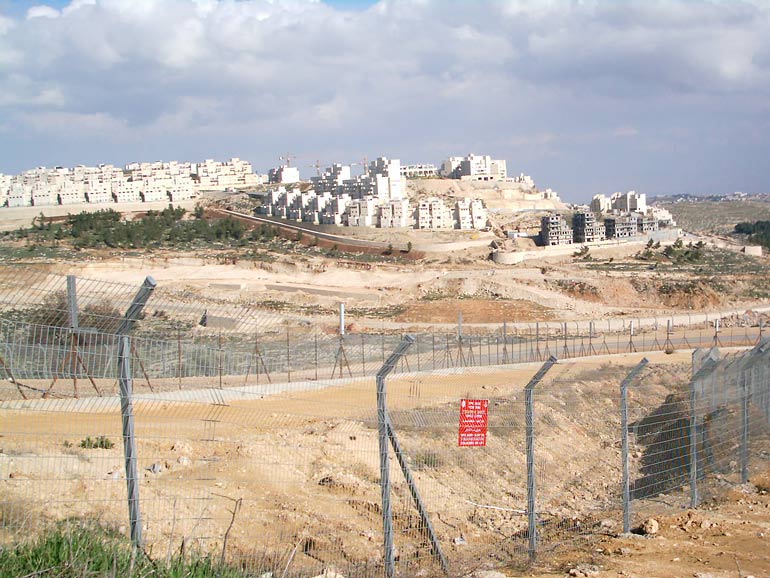 Recently at the UN, Foreign Minister Avigdor Lieberman gave a speech regarding the peace process. For him, peace is not something that will occur recently. He states that as both Israel and Palestine currently stand, peace cannot occur. He argues that it is best that a temporary solution be reached, in which further negotiations will spring from. Furthermore, he proposed that when peace will arrive, that the borders should be redrawn to accommodate current demographics, and not to a population transfer. This would mean that Arab settlements in Israel will be turned over to Palestine, and Jewish settlements in Palestine would become a part of Israel. To underscore his views that peace will not achieved any time soon, he stated that any peace treaty will not be singed in the next few decades.
Recently at the UN, Foreign Minister Avigdor Lieberman gave a speech regarding the peace process. For him, peace is not something that will occur recently. He states that as both Israel and Palestine currently stand, peace cannot occur. He argues that it is best that a temporary solution be reached, in which further negotiations will spring from. Furthermore, he proposed that when peace will arrive, that the borders should be redrawn to accommodate current demographics, and not to a population transfer. This would mean that Arab settlements in Israel will be turned over to Palestine, and Jewish settlements in Palestine would become a part of Israel. To underscore his views that peace will not achieved any time soon, he stated that any peace treaty will not be singed in the next few decades.This led to a number of reactions. In Israel, the Prime Minister's Office stated that "Lieberman's address was not coordinated with the prime minister." Prime Minister Benjamin Netanyahu, a member of the Likud Party, distanced himself from the foreign minister's statements, but did not oppose them.
Ehud Barak, Minister of Defense and a member of the Labor Party, has stated that Mr. Lieberman's statements do not represent the government. The Kadima Party has also used this as an opportunity to criticized the Likud Party, stating that the Prime Minister and his party cannot even coordinate a unified foreign policy. Mr Lieberman is a member and founder of the Yisrael Beiteinu Party, which currently is part of the ruling coalition government with the Likud.
In the United States, many Jews were outraged, mentioning that such proposals can only weaken Natanyahu's government, and only give the Arabs more reasons not to take the Prime Minister seriously.
But why doesn't Lieberman believe in the peace process, and what exactly is his land proposal? For some Israelis, peace is a fantasy, and at best elusive. Those on the right wing of politics usually have this view, and since many also support the settler movement, they naturally would not want them to be evicted from their homes. But why oppose peace, or seemingly delay it? Well, as almost everyone has said, it has much to do with these settlements. The Palestinians would not want large Jewish enclaves within their new state, and Israelis living within these settlements want to stay a part of Israel, or at the very least not be a part of Palestine.
So Mr Lieberman proposes that instead of evictions and population exchanges, that simply redrawing the map to conform to current demographics is the best option. Not only is this legal in regards to international law, but each side can remain homogeneous and without these seemingly thorns in their stomachs. Just how the new map will look, and how this will effect things like the regional economy or defense within these countries, has yet to be discussed. At any rate, the new borders will most likely not conform to the 1949 Green Line. But as one can guess, not everyone believes in such a plan, and there is much opposition from both sides.

So can peace be achieved? That is the hope of the current peace process, but others are preparing a 'Plan B' in case it doesn't. Although such skepticism might not help the peace process as it stands, it is always smart to be prepared if the current negotiations fail.
I believe that these are reliable articles for a number of reasons. The authors work for well respected newspapers, like Haaretz, and have researched their reports well. The main thing they are reporting on, a speech, is a very concrete event that can be used to analyze. That and combined with reactions from Israel and without add depth to it. Overall, the articles are both fair and balanced too, presenting not only what he said but what its implications are as well.

No comments:
Post a Comment